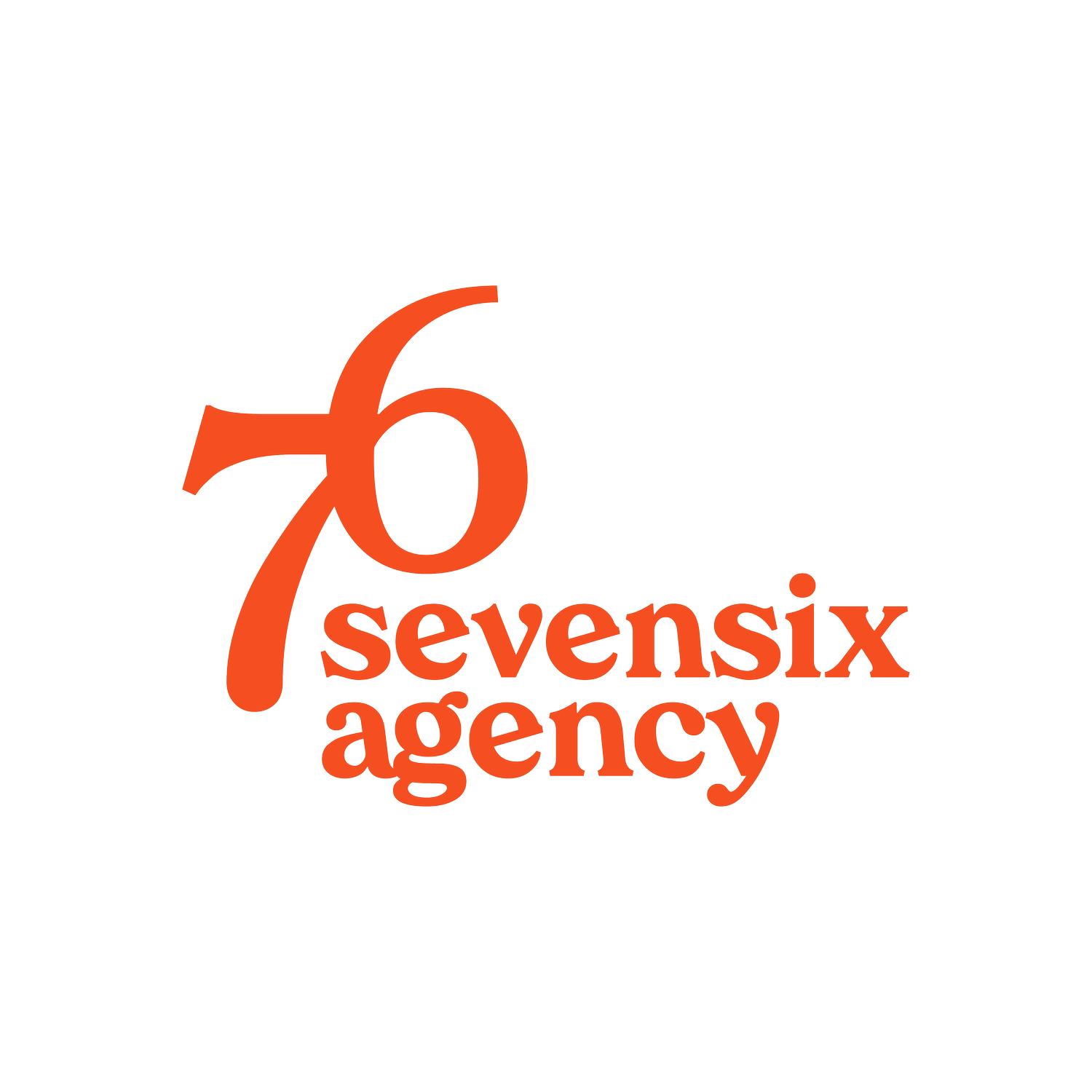An Asian Experience Across the World of Content Creation
Written By Chariza MirandaThis is the final instalment of SevenSixVoices, a series where, throughout April, members of our Influencer Network give their take on inclusivity within the influencer marketing industry.
My appetite for content creation started back in 2013 following the end of my Art Foundation course. I was too indecisive about going to uni, so I resorted to creating via the internet. Although it started as a hobby, I eventually desired to make some sort of “mark” within the fashion and creative industries, across the digital space. It sounded dreamy but as you know, reality is never that simple.
Asian creators (or the lack of them) inspired me to start my own platforms
My infatuation with blogging began for as long as I can remember but I was particularly uplifted through seeing the OG’s in the blogging sphere – with the likes of Bryan Boy, Aimee Song, Susie Bubble and many Asian American creators doing really well, I felt fired up to start my own platform. I did not see enough Asian creators in the UK, especially anyone I could relate to. After all, I could not afford designer goods at the time and this seemed the only calibre that was welcomed within the world of blogging. In many ways, I felt that Asian fashionistas were deemed as either wealthy with a love for high-end items or just merely cutesy/quirky – often linked with Asian pop trends, etc. I’m certainly not the first option, but I won’t also label myself as quirky either.
My relationship with the word cute
So here’s the thing with me versus the word cute. For the longest time, I didn’t know why I took such offence from it. I assumed it was something associated with “short man syndrome”, but as I grew older and my interests/career evolved, I realised it’s more than that.
I recognise my disadvantages as a woman of colour and starting a blog/platform just for fun; it didn’t cross my mind that my appearance - my eyes, colour and race will affect my experiences within the “influencer world”. I only have a small platform but it gave me lots of opportunities that I didn’t think I would get to do, looking back almost a decade ago. I never imagined I’d take up modelling since, stereotypically, I am not quite ‘model material’. Strangely, I started getting booked for digital projects as a model.
One moment a while back, I was put down on a casting list for a brand that I truly admired. I was stoked to be part of it as one, I am already the brand’s consumer and two, my style fits the label... or so I thought. A few days later, I was told they removed my name off the list because the agency or the team decided that I was too cutesy and was more suited for a cute young (borderline teen’s) brand. My immediate reaction was pure disappointment, not because I didn’t get the job but it’s the feedback that did not sit well with me. This was huge and it brought me back to a lot of internal scars that I was yet to unpack during that time.
I know cute is meant to be positive and endearing; however, for someone who takes pride in who they are, their learnings and experiences, being pigeonholed as “cute” makes you feel small. No one likes to feel insignificant or not received for what/who they are. I was already in my mid-20s when I received this comment from a job – for someone to say I fit a cutesy quirky brand rather than a polished, mature one, I just felt no one could ever take me seriously. This really put me off commercial modelling jobs.
How far do stereotypes go?
One thing I've learned since the rise of COVID-19 is how severely, yet casually, Asian people are put in a box. Our society built this preconception that Asian people are these dainty, submissive beings – and that we are delicate, silent, obedient, “child-like”, adorable, intelligent, extremely hard-working, etc. This doesn’t describe all Asian people. I think this is why the word cute, although, harmless, can sometimes feel like an attack to me.
It’s hard to get yourself out of “categories” as a person sharing a glimpse of your life online. It goes without saying that as people, we naturally face judgements or misconceptions about our characters anyway. However, for almost all creators of non-white descent, our experiences go beyond character judgement. It’s culturally embedded for us to observe every crevice of how decisions are made around us. I understand that when casting talents, it’s essential to fit a specific category, but we can always do better.
Although Asian traditions partially formulate Asian stereotypes, we’re not to be put in a dainty box. Asia is rich in different cultures and diverse groups. It’s tiring to explain the differences between different Asian people and cultures such as Chinese, Japanese, Korean, Filipino, Thai, Malaysian and so on. We have our own separate identities.
Here’s a small list of questions for brands to ask their teams before any given campaigns/projects:
Is your team trained in understanding diversity and inclusion and is your campaign actually inclusive?
Are you actually booking content creators for their talent or to fill a quota? Do you know and understand their background or are you assuming their race?
Are you aware of racial stereotypes and your potential unconscious bias?
Take these on board to ensure your teams create a welcoming environment for everyone involved.

